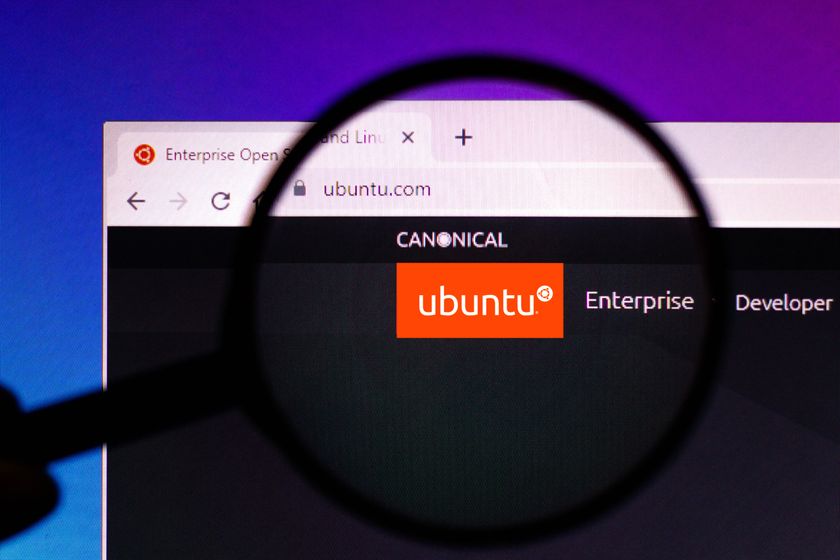SCO: The party never ends
Like the bad actor in a Victorian melodrama, SCO refuses to lie down, and keeps coming back for more.
It is difficult to understand what motivated SCO's initial action, or what The SCO Group and its shareholders hoped to achieve when it first began proceedings against IBM.
The copyrights to the System V version of UNIX had been owned by AT&T, who had undertaken a lengthy legal case against BSD UNIX claiming copyright infringement, which reached a settlement, largely in favour of BSD, back in January 1994.
Later, the rights to System V UNIX were sold on to Novell, before being sold (in part) by Novell to the Santa Cruz Operation (SCO). SCO was absorbed by Caldera Systems, a Linux company, which had had a successful IPO in January 2000, achieving a valuation of $1.1 billion on the back of the dotcom boom and the success of Linux among the NASDAQ companies.
The amalgamated operation was renamed The SCO Group. Thus it can be said that The SCO Group owed its existence at least in part to the success of Linux.
The dotcom balloon was about to burst, but Caldera had earned enough from its Linux operation to be able to dip into its coffers and purchase the UNIX business of SCO a few months later - an investment that was intended to open up SCO's extensive business channels to Caldera OpenLinux, but instead led to a world of litigation.
The ultimate sacrifice
If The SCO Group's claims had been true it stood to make billions both from the litigation and the re-licensing of UNIX and Linux. But it would first have to prove its entitlement to the copyright of the UNIX code, which was tenuous to say the least, and secondly, it would have to show that code had indeed been copied from UNIX to Linux. Inevitably, such a course of action would also lead to the sacrifice of Caldera's Linux business, which had been the foundation of the company.
Get the ITPro. daily newsletter
Sign up today and you will receive a free copy of our Focus Report 2025 - the leading guidance on AI, cybersecurity and other IT challenges as per 700+ senior executives
Despite McBride's claims that "IBM has taken our valuable trade secrets and given them away to Linux," there is nothing to show that this was ever the case, although the claims were leant credibility from the outset by a credulous press. SCO's stock price grew from under $3 a share to over $20 during the summer of 2003 in the belief that SCO was about to make a killing. By 2007, the share price had dropped to less than 50 cents.















